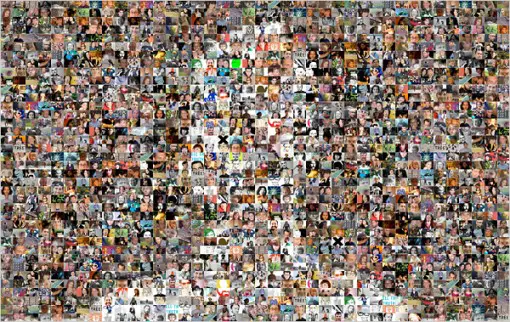
So much has been said about Facebook – both negative and positive; and perhaps if we take a close look, we will see more whining than praising. No one can deny that the social network has thrived over the years. And it is not alone. More and more, we see social networks expanding their reach and gathering more active users.
Various theories have been created to explain this boom, not to mention studies conducted to determine the effects of social networks on people who use them a lot. If you are not sick of these kinds of studies, here is something that might interest you: a study showing a link between social networks and socially aggressive narcissism.
Let’s take a look at that last term first: socially aggressive narcissism. What exactly is that?
Basically, socially aggressive narcissism is measured using two elements: Grandiose Exhibitionism (GE) and Entitlement/Exploitativeness (EE). The first element involves “self-absorption, vanity, superiority, and exhibitionistic tendencies”, while the second involves “a sense of deserving respect and a willingness to manipulate and take advantage of others”.
Are the names of specific Facebook friends coming to mind right now?
The study was conducted by researchers at Western Illinois University, with the subjects being 294 students. The results?
- The higher the score on GE, the more likely one has more Facebook friends.
- The higher the score on GE and EE, the higher the chances of accepting friend requests from strangers.
- The higher the score on GE and EE, the more one seeks social support but also less likely to give it.
The researchers say, though, that more study is needed to determine whether “individual differences in narcissism led to certain patterns of Facebook behaviour, whether patterns of Facebook behaviour led to individual differences in narcissism, or a bit of both”. Surprise, surprise!
In any case, you don’t have to think hard and deep to see that there is a link between social networks and socially aggressive narcissism. Just go through your Facebook feed for a few minutes. You’ll be nodding your head.
Source: The Guardian
Image via NYT